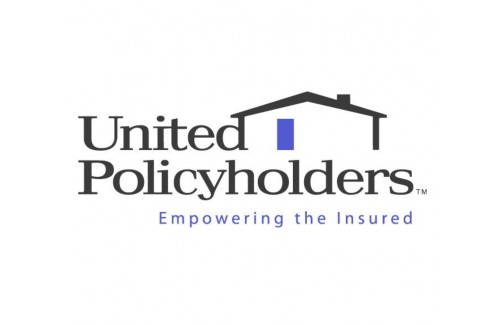Typically when I write about bad faith cases, the focus is damage to the interior or exterior of a residential dwelling or commercial building. There are, however, other types of claims for property damage. This week, I am writing about an insurance policy that was issued to cover goods kept in a warehouse.
Dr. T’s Nature Company was a manufacturer of animal and insect repellent. Dr. T leased a warehouse in which it stored some of its product. Dr. T was constructing steel pallet racks in its warehouse facility, and, until the completion of the racks, the landlord allowed Dr. T to use a warehouse located across the highway. The landlord did not charge Dr. T additional rent because they agreed that the warehouse across the highway was only to be used on a temporary basis. The temporary warehouse was destroyed by a fire along with all of Dr. T’s products. Dr. T submitted a claim to Southern Trust for the loss.
Southern Trust relied on the following provision to deny the claim:
You may extend the insurance provided by this Coverage Form to apply to your Covered Property, other than ‘stock,’ that is temporarily at a location you do not own, lease or operate.
Southern Trust claimed that because Dr. T’s products were in a temporary warehouse that he did not own, lease or operate, his products were not covered. The lower court disagreed with Southern Trust and found it breached the policy by failing to provide coverage for Dr. T’s products in the temporary warehouse. A Georgia appellate court agreed with the lower court on the breach of contract claim. With regard to the bad faith claim, the appellate court agreed with the lower court’s finding that a determination of the bad faith issues needed to be deferred.
Policyholders cannot always bring a bad faith claim at the same time as a breach of contract claim. Each case will depend on the particular facts and the law in a specific jurisdiction. Policyholders contemplating a bad faith suit should contact experienced counsel.



